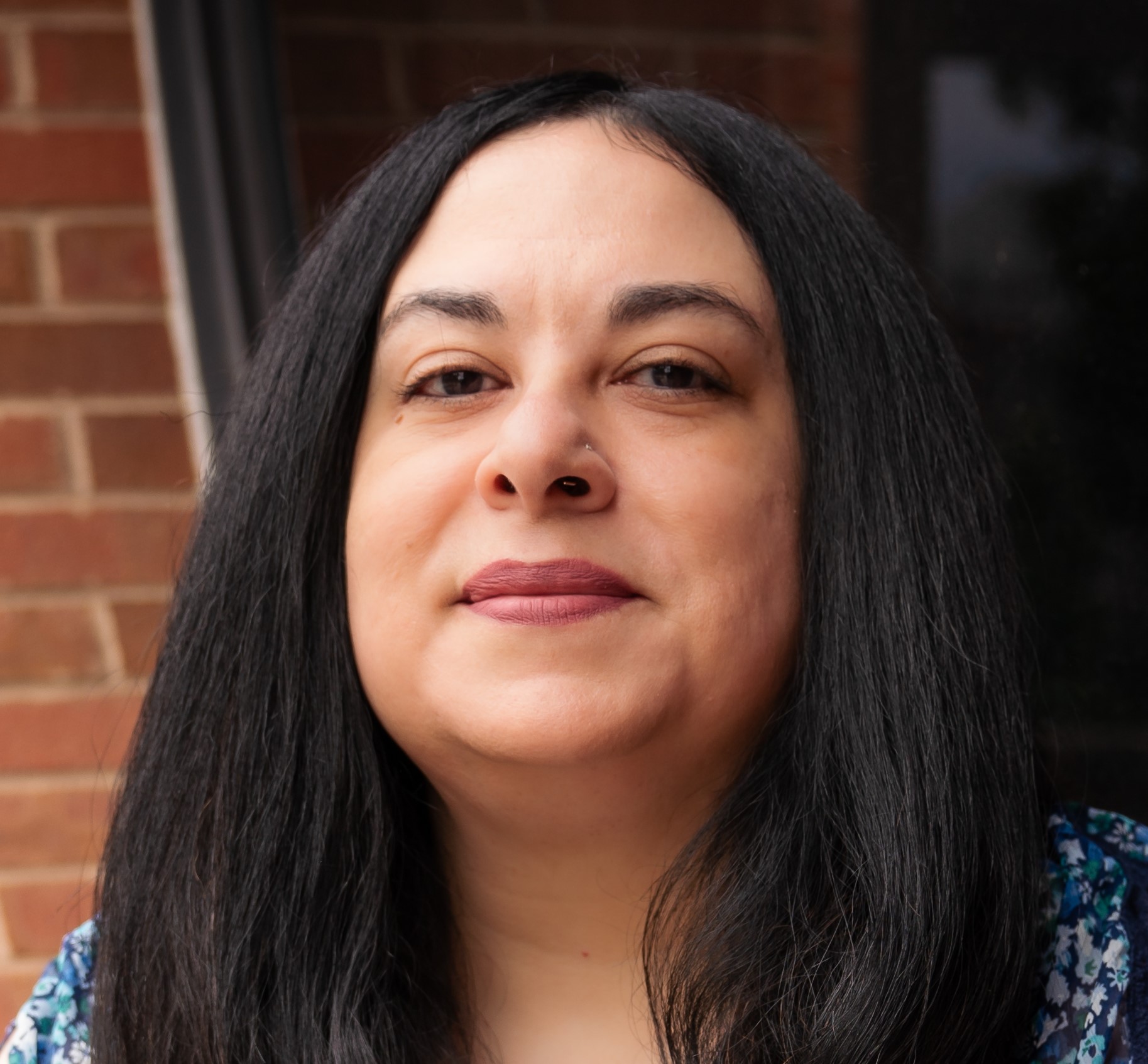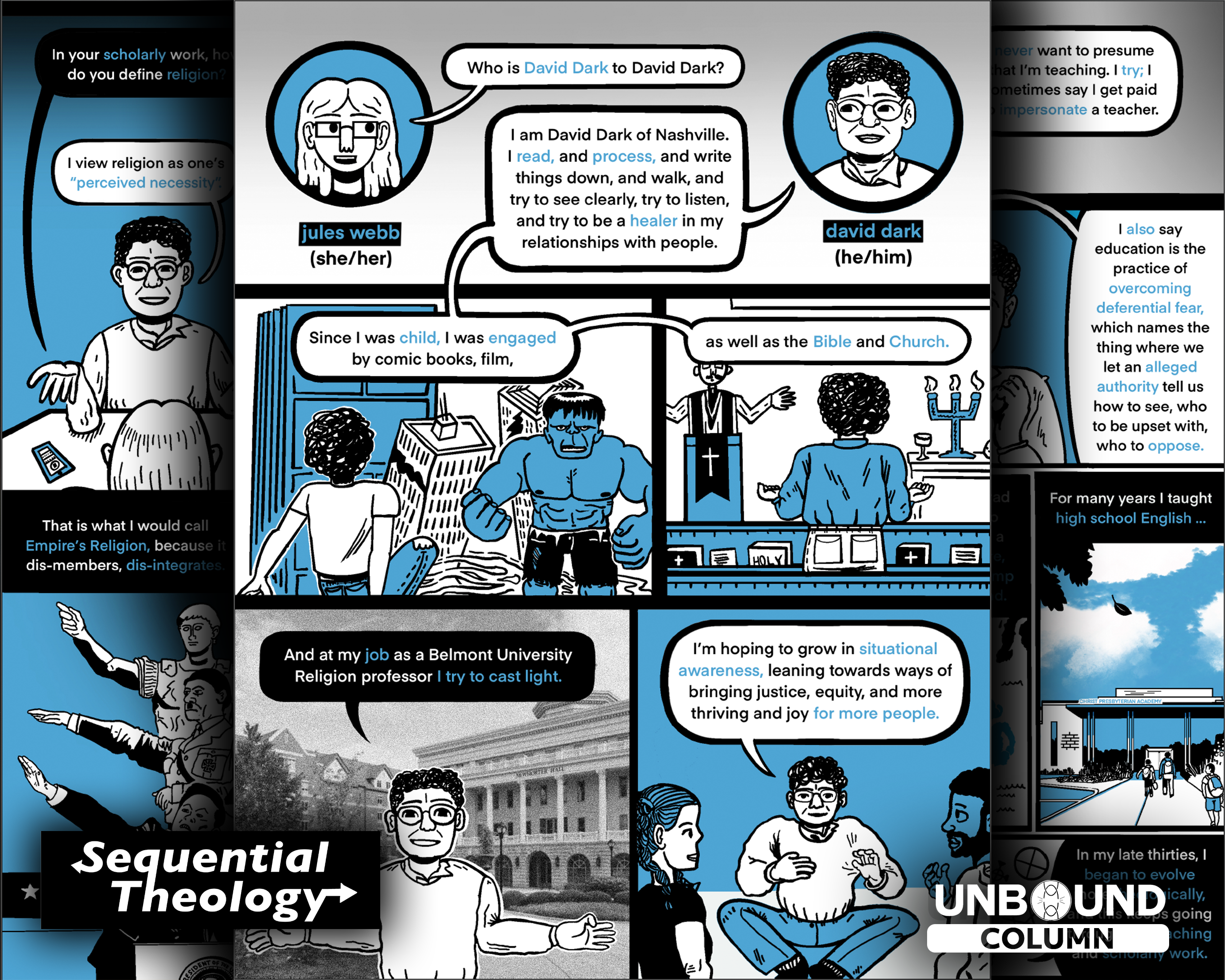Power. Authority. Decisiveness. Individuality. Confidence. Rightness.
The U.S. political climate leans heavily into the “great man” idea of leadership these days. This theory was popularized in the first half of the twentieth century and asserts that leaders are born with traits of leadership that only “great” people possess. However, this model of leadership has roots that extend back centuries, even to biblical times, and has more recently become twisted through actions of European colonization of the “New World” that began in the fifteenth century. Colonization, as both historical events and ever-present legacies continuing today, re-made “great” leadership to constitute dominating expressions of power, authority, decisiveness, individuality, confidence, and rightness. (As I detail elsewhere, colonization re-made church leadership in these ways as well, and in other ways that prize Eurocentric notions of the self, expertise, roles, and success in congregational life.)
For so many of us, the world feels pretty hopeless right now because “great man” leadership is harming those who are most vulnerable—immigrants, LGBTQ persons, women, the poor, the elderly, unhoused persons, and others. The recent barrage of Executive Orders from President Trump has exacerbated this harm, though we know that our systems have long been designed to carry out injustice among marginalized and vulnerable communities. This most recent round of shock and awe tactics illustrates a leadership that epitomizes the worst of what the concept carries (remembering that a majority of voters cast their ballots for Trump because of his leadership style).
Power. Authority. Decisiveness. Individuality. Confidence. Rightness.
Still, many of us recently witnessed a different kind of leadership during the presidential inauguration service at the Washington National Cathedral. Bishop Mariann Budde pleaded with President Trump in her sermon “to have mercy upon the people in our country who are scared now” and named immigrants and lesbian, gay, and transgender children in her plea. The bishop has since gained a lot of attention for these words, much of which has been negative and threatening.
What I find most meaningful in her action—preceded by a lifetime of faith-filled ministry and service—is that Bishop Budde embodied a leadership that prioritized centering others in that moment. It seems rather nonsensical that a concept like leadership should include anything other than the individual leader, at least according to Eurowestern logics. Of course, the news media spotlighted the bishop for her words when she herself was doing the exact opposite by calling attention to vulnerable others.
She was being shrewd by using the Power she had been given to speak words of mercy and love. The Bishop even remarked that her plea “was a very gentle way to do it because I was acknowledging his authority and his power.”
Her Authority was not of her own making, but that of God, Christ, and the Holy Spirit.
She was Decisive in her plan to include this in the sermon, but it was borne from deep discernment and dialogue with Scripture and tradition.
She spoke the words, but beyond her Individuality as preacher, her words presented the broader community and stressed a shared humanity and care.
Her Confidence was emboldened by years of ministry with others both in and beyond her tradition and by the support of loved ones, countless clergy colleagues and parishioners, and the Episcopal Church as a whole. As a spokesperson for the denomination said, “We stand by Bishop Budde and her appeal for the Christian values of mercy and compassion.”
Her Rightness was not determined by her own self-rationalization and ego, but from the words and teaching of Jesus himself.
What if other faith leaders and congregations were to extend Bishop Budde’s example even further to resist and subvert “great man” colonial forms of leadership by:
- Sharing and shaping power among the gathered whole;
- recognizing and uplifting a multiplicity of authorities and capacities within the congregation and in the larger community;
- relying on more consensus-based decision-making and empowering smaller groups to act as need arose;
- recognizing the partial nature of any singular individual to be and do all that the whole requires, practicing life in community as set within rather than set apart;
- embodying humility and curiosity, questioning assumptions of self-rightness; and
- embracing multiple understandings and practices for how God’s work unfolds, centering nondominant perspectives and truths about what is just and good?
Power. Authority. Decisiveness. Individuality. Confidence. Rightness.
It’s not the words themselves that further colonial worldviews and agendas. It’s the meanings, assumptions, and embodiments modern Eurowestern culture has tethered to the words that continue to inform how we think leadership ought to be.
There are alternative ways of leading and being in community than what we are primarily taught and shown. Ways that intentionally subvert “great man” colonial leadership and that we in the church must begin to learn and practice more fully. As the Apostle Paul urges, “Do not be conformed to this world, but be transformed by the renewing of your minds, so that you may discern what is the good and acceptable and perfect will of God” (Romans 12:2).
For example, the Black Lives Matter (BLM) movement describes itself as “leader-full.” BLM co-founder Alicia Garza says, “Instead of a pyramid of different departments topped by a leader, there is coordination and a set of shared values spread across a decentralized structure that prizes local connections and fast mobilization.” In her book The Purpose of Power: How We Come Together When We Fall Apart, Garza says that such a model creates “a different practice of power, where many people rather than a small few determine the direction,” recognizing that “hierarchy can help with efficiency—making decisions and getting things done—but of course it is also racialized, gendered, and classed, and it often reflects existing power dynamics…Black people are often on the losing end of hierarchies” (p. 162). With chapters across the country that have their own leadership and that cultivate leaders from within, each cluster also helps to make decisions about the collective actions and statements of the larger network, challenging the idea that only one leader, or a group of leaders, can make decisions on behalf of the whole.
I like the notion of being leader-full, but I prefer to subvert the concept of leadership itself by using leaderships. What resides within Power, Authority, Decisiveness, Individuality, Confidence, and Rightness are the multiplicities of understanding and expression for what’s possible when leadership is conceived beyond dominating narratives and expectations. Leaderships not only subvert what constitutes “proper” English, a language that has been used to eradicate Indigenous languages and cultures and force Christian religious adherence, but also re-purpose and re-claim the word toward a more inclusive practice of community and justice. Leaderships can look, sound, smell, taste, and feel different because its plural nature invites freedom and imagination to take root. There is not one “great man.” We are all great peoples.
How we organize ourselves—whether as churches, institutions, or movements—is more important now than it has ever been, especially if we are committing to disentangling our faith communities and our world from the fabric of colonization (which includes all of the -isms and supremacies of our time). In this chaotic and hope-endangering moment, we need one another’s gifts and capacities working together “to loose the bonds of injustice, to undo the straps of the yoke, to let the oppressed go free, and to break every yoke” (Isaiah 58:6).
We need leaderships.

Kristina Lizardy-Hajbi is Associate Professor of Leadership and Formation and Director of the Office of Professional Formation at Iliff School of Theology. In addition, she coordinates the Certificate in Latinx Studies for the Iliff/University of Denver Joint PhD in the Study of Religion. Kristina’s current research interests lie at the intersection of congregational leadership, community formation, and decolonial praxis, exploring questions about why and how liberative change unfolds. She is the author of Unraveling Religious Leadership: Power, Authority, and Decoloniality and co-editor of Explore: Vocational Discovery in Ministry. Kristina is also an Ordained Minister in the United Church of Christ, residing with her spouse Ali in Aurora, Colorado, on the unceded tribal lands of the Cheyenne and Ute peoples.



Unbound Social